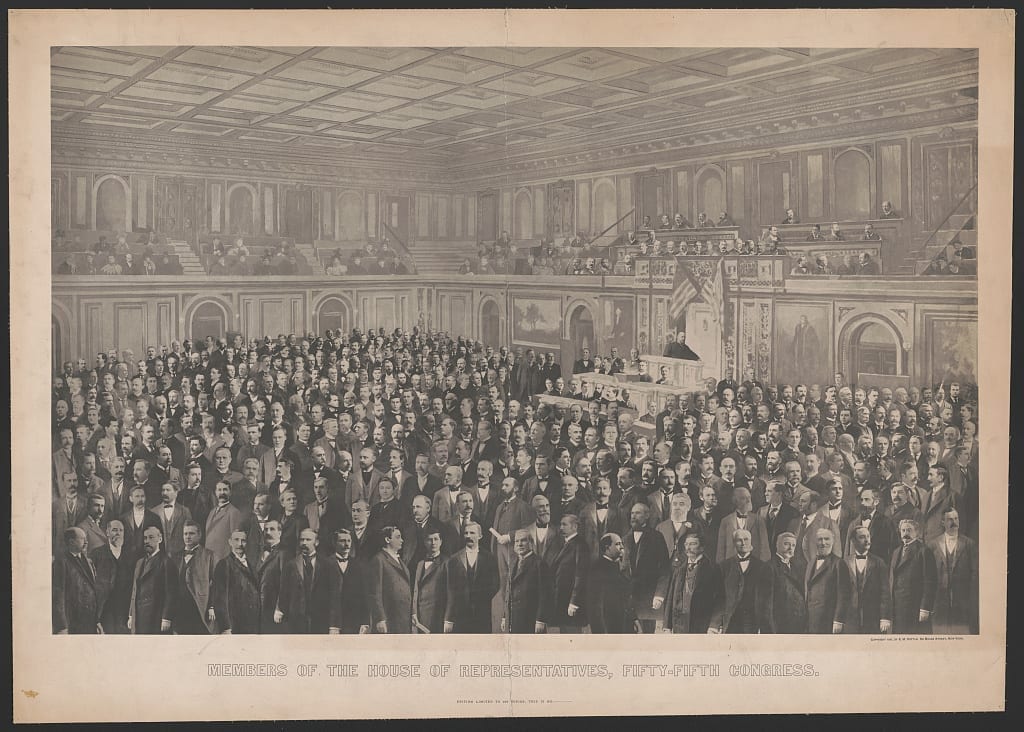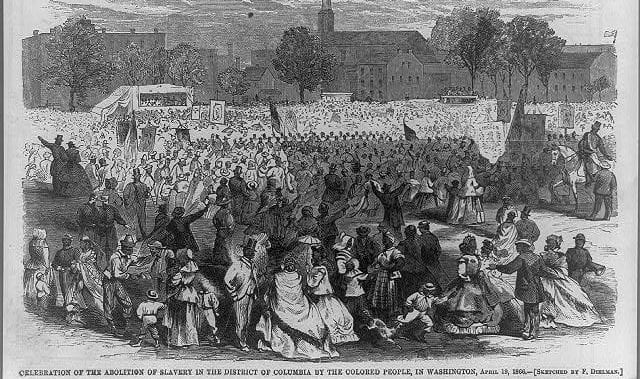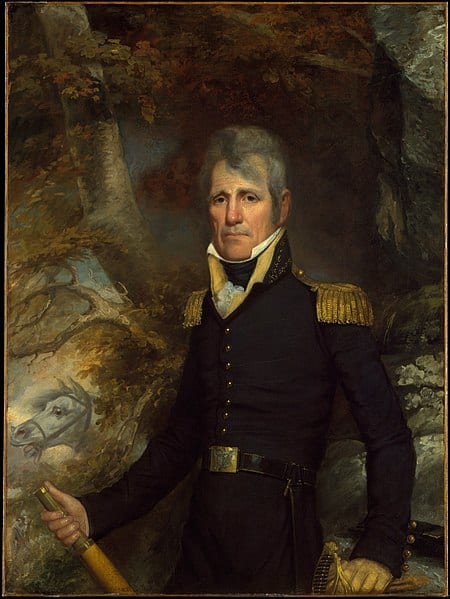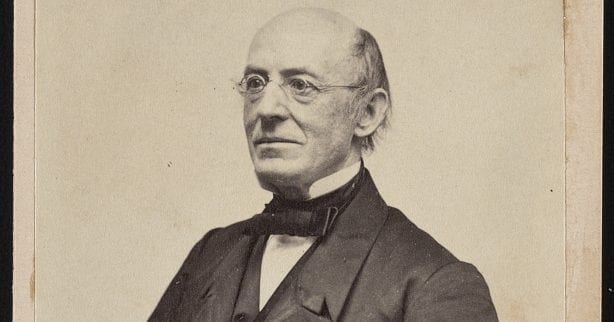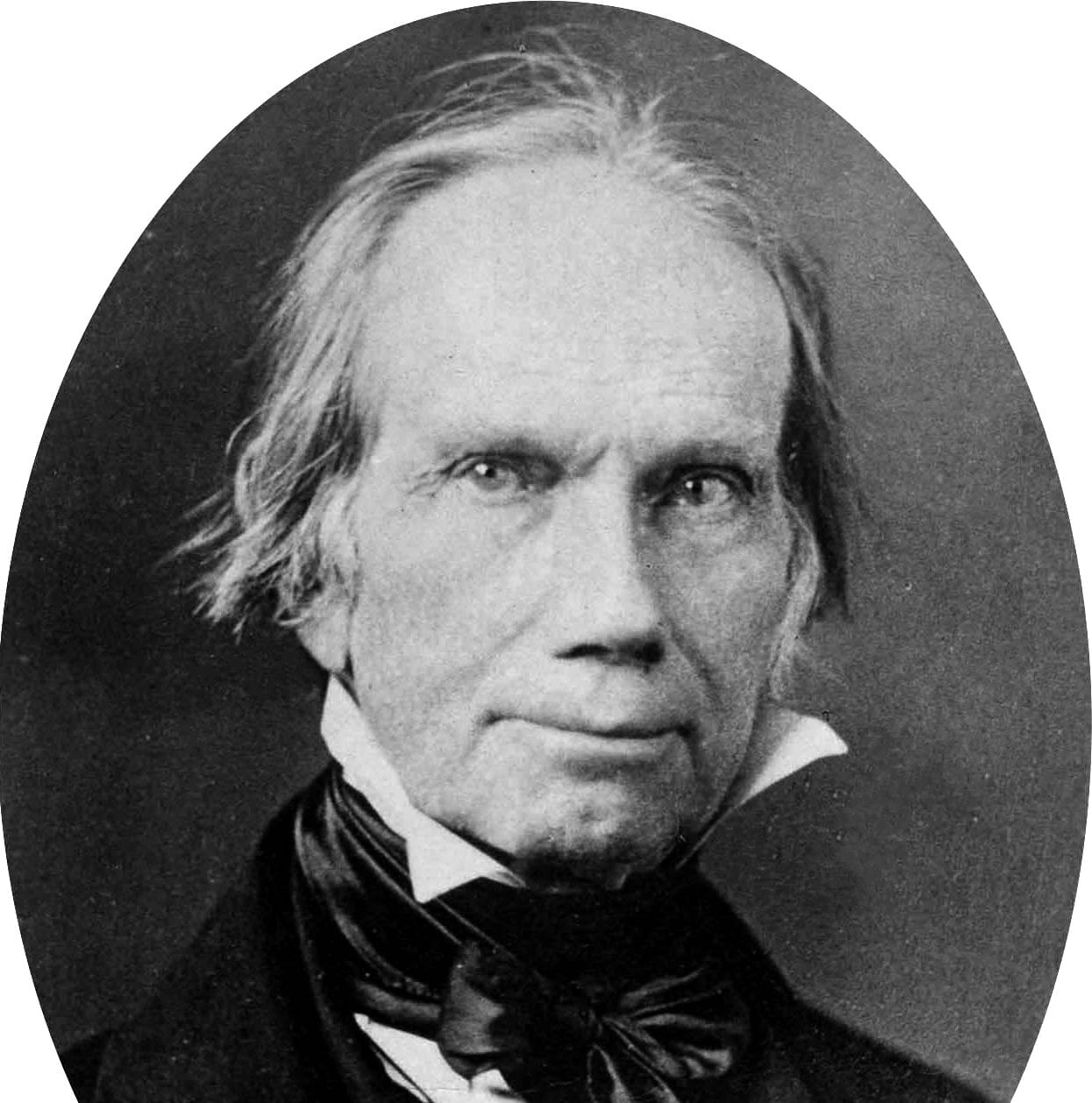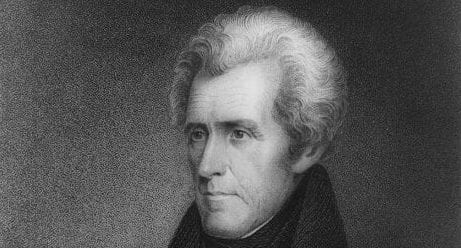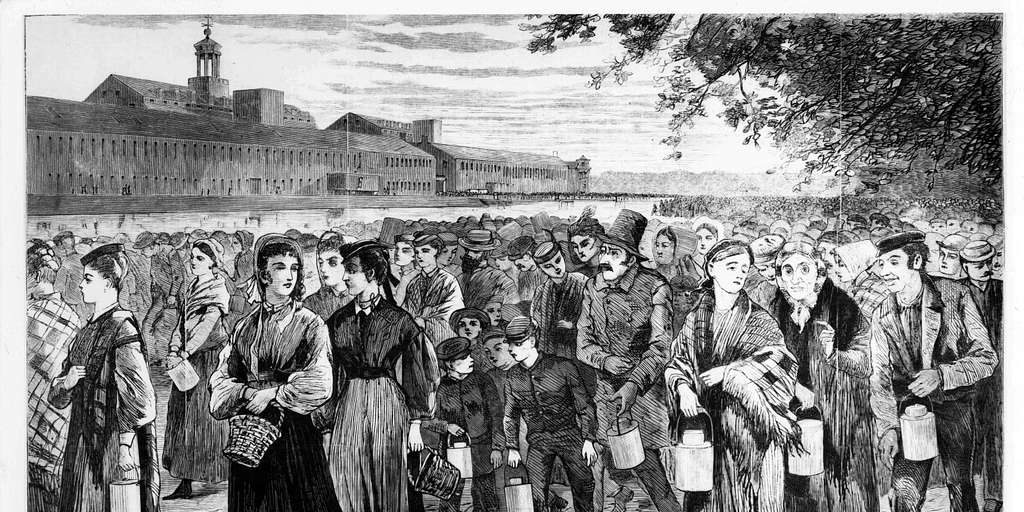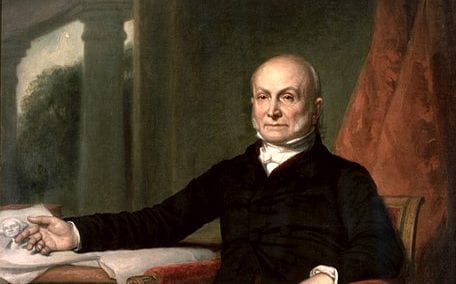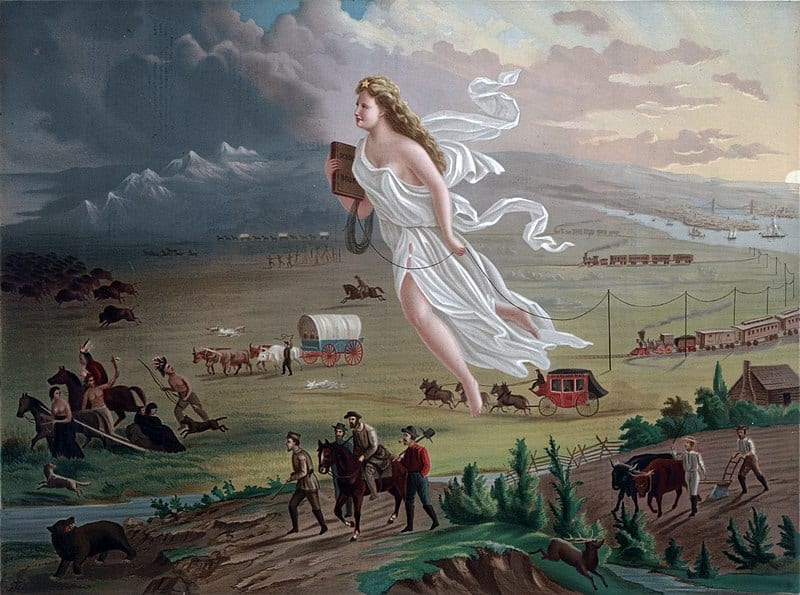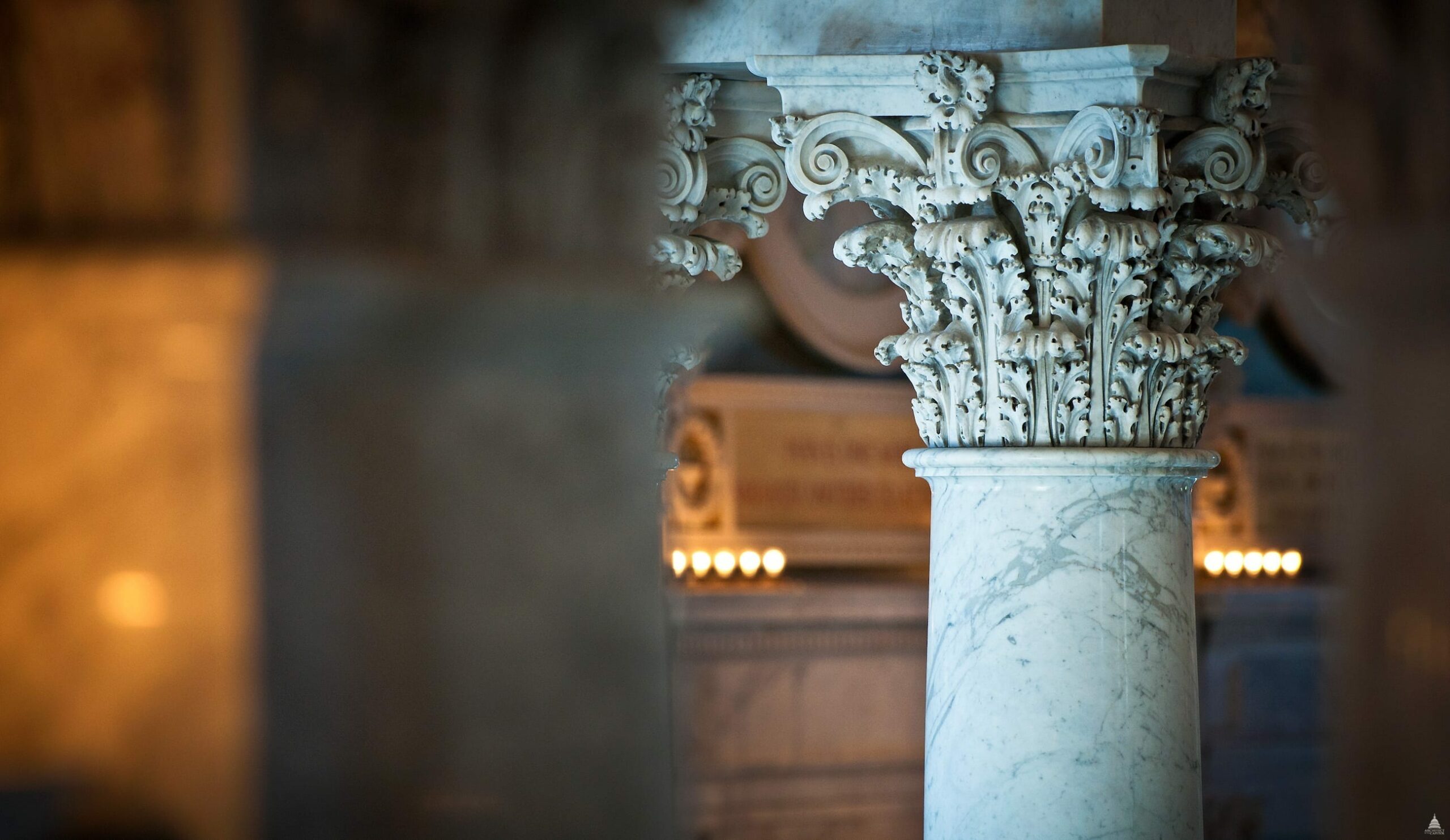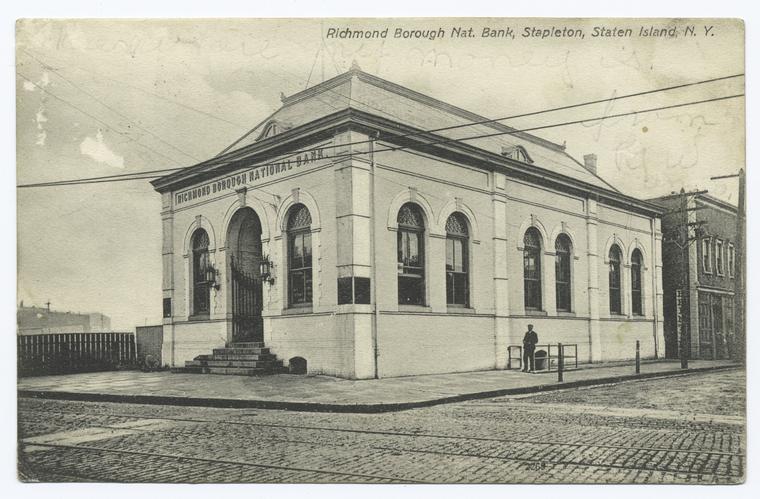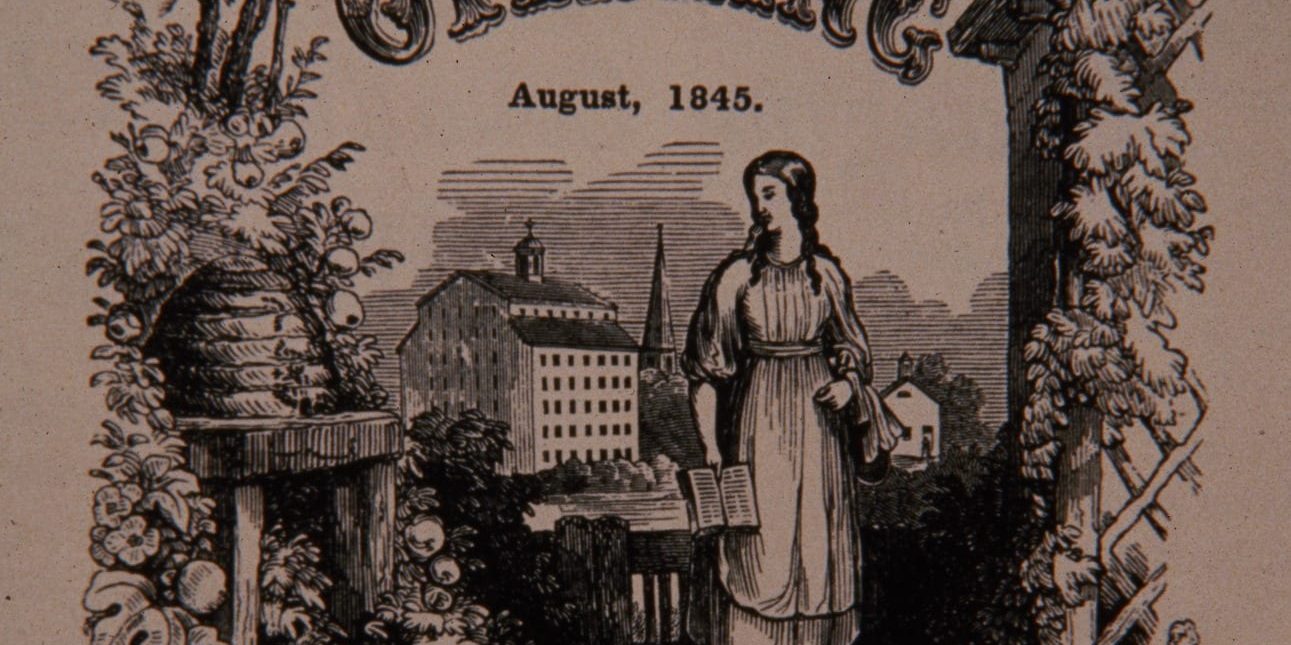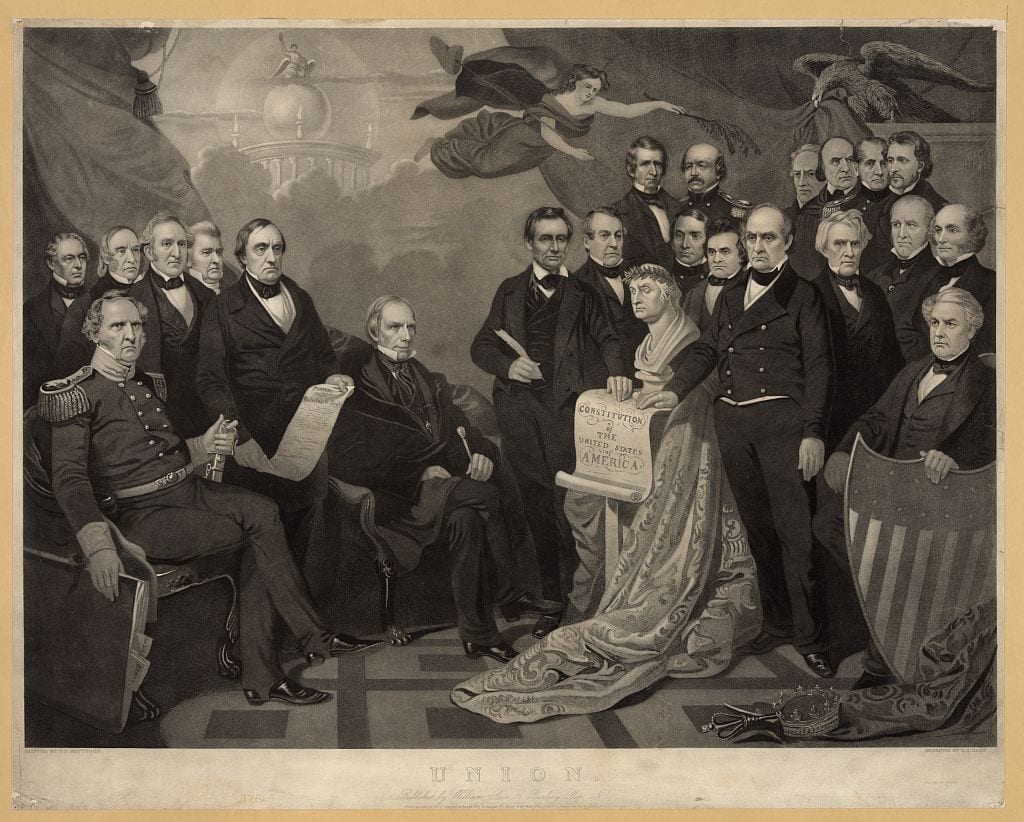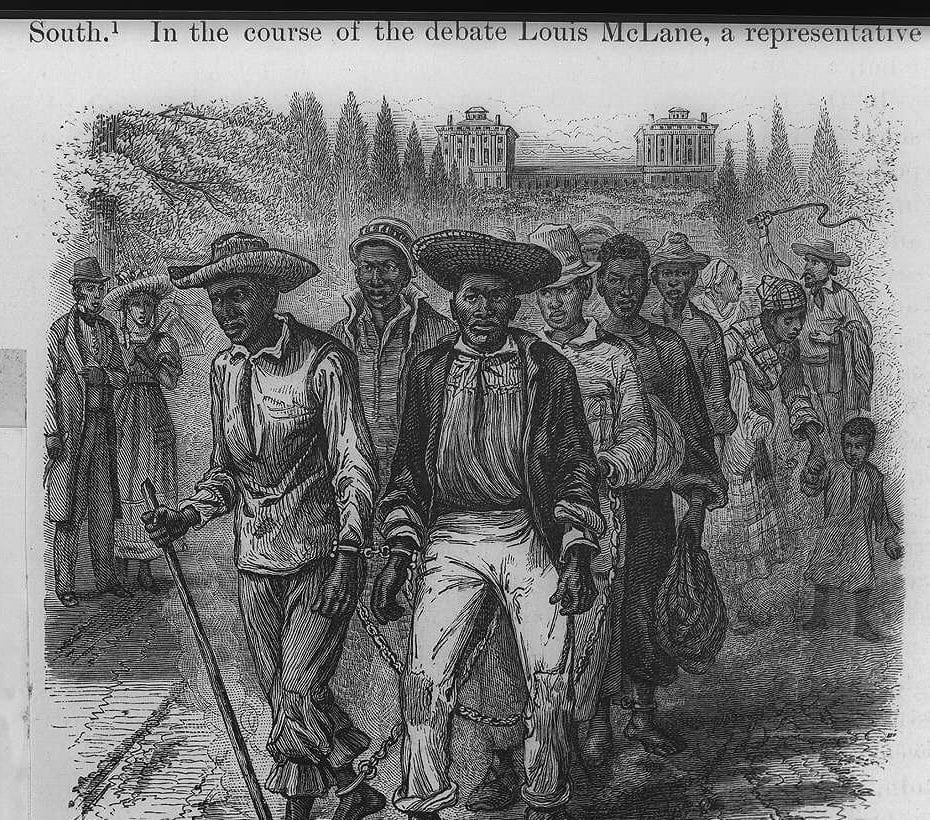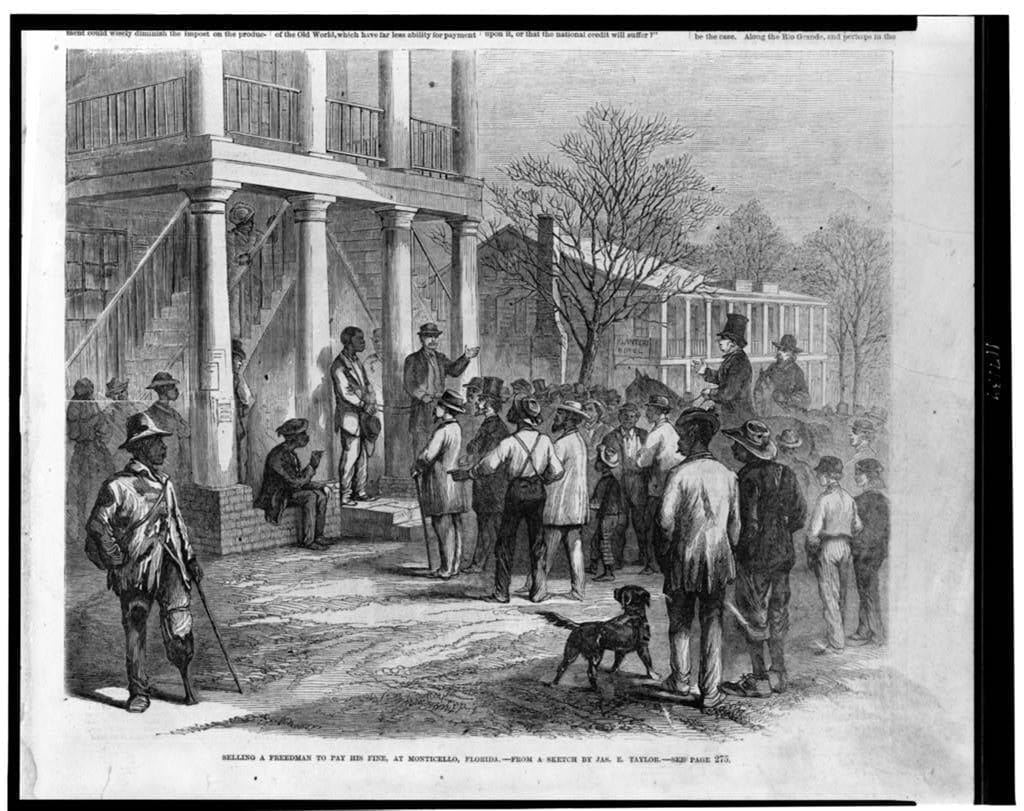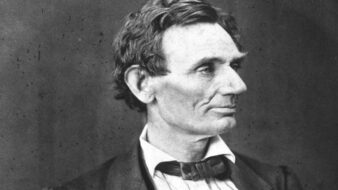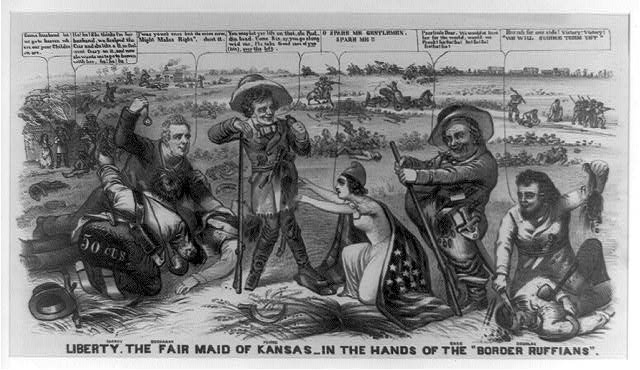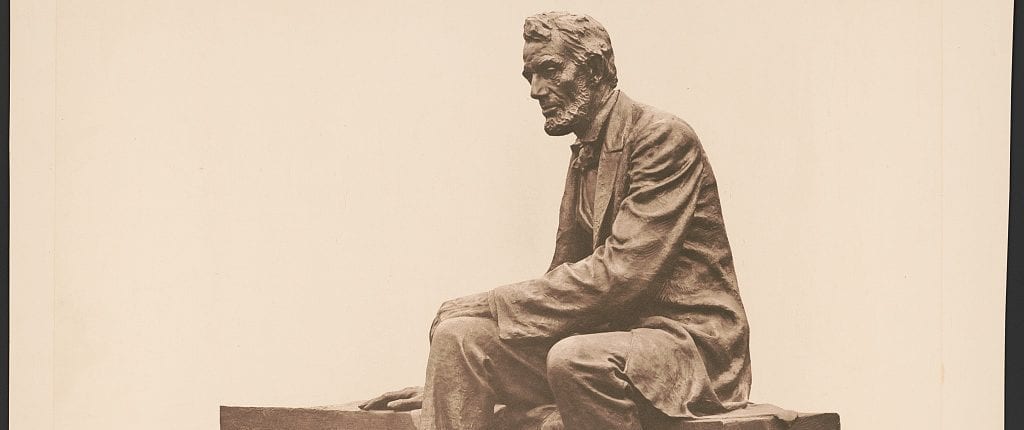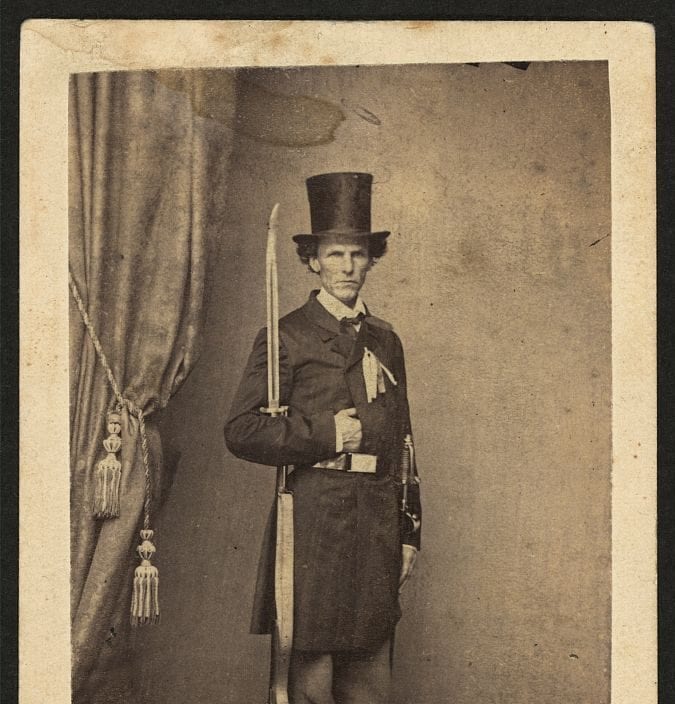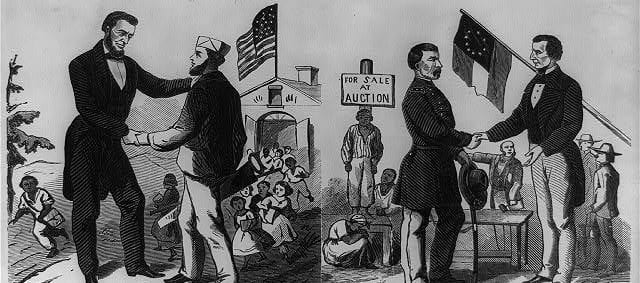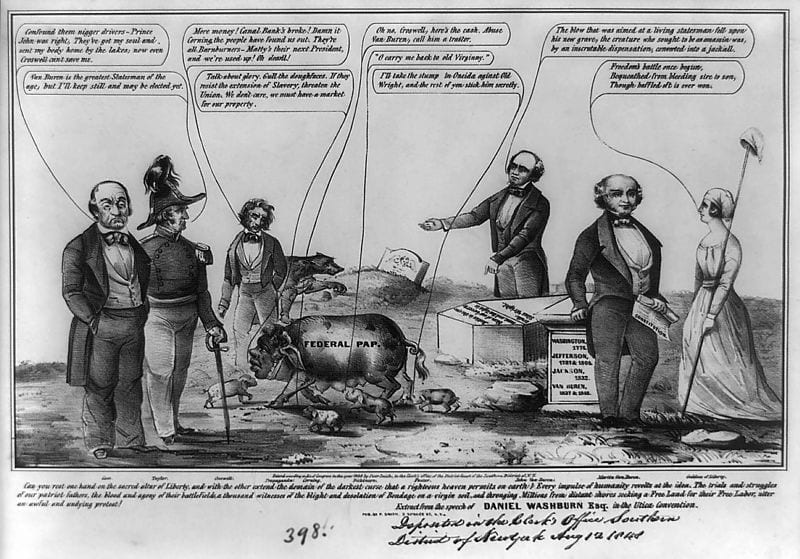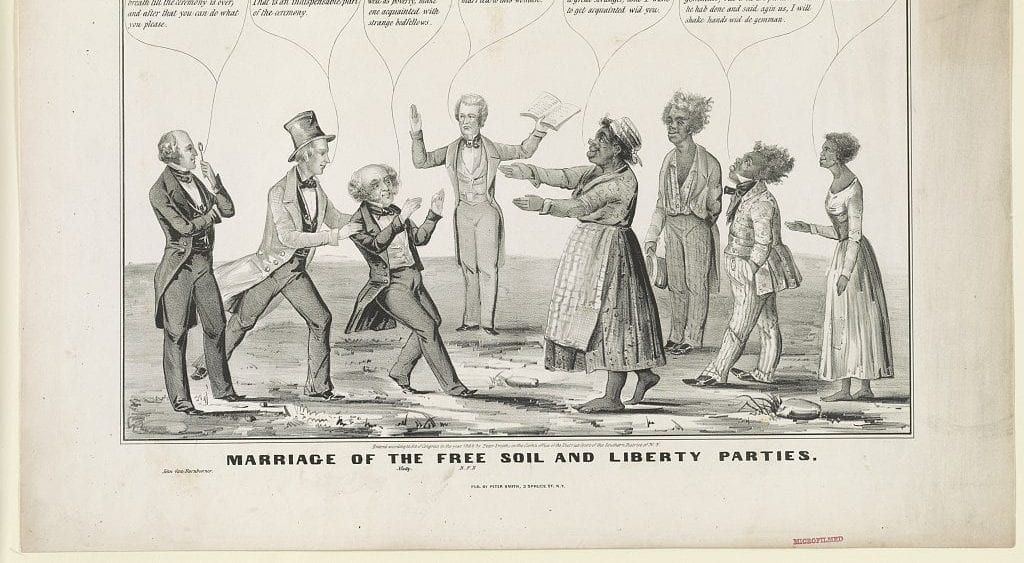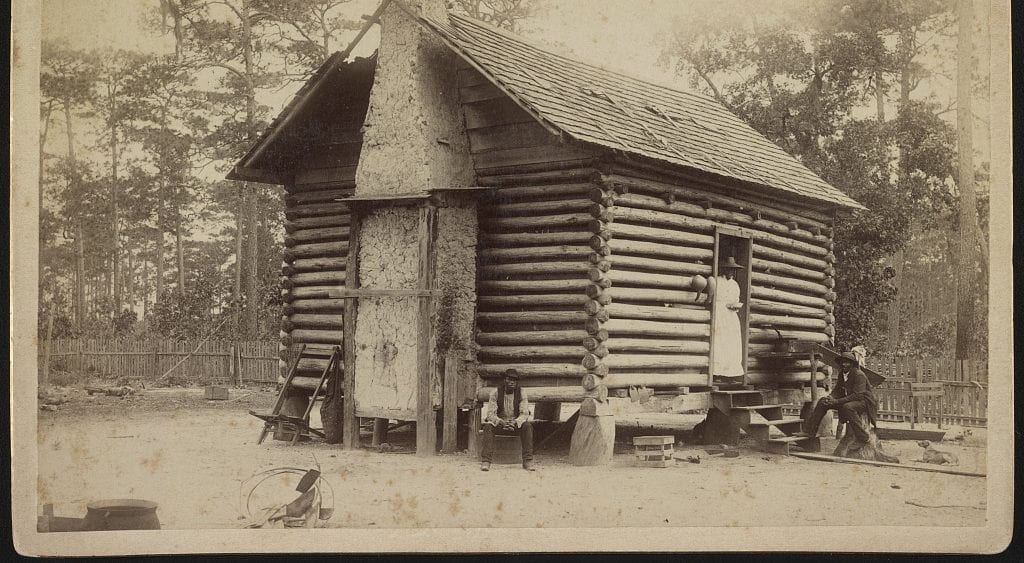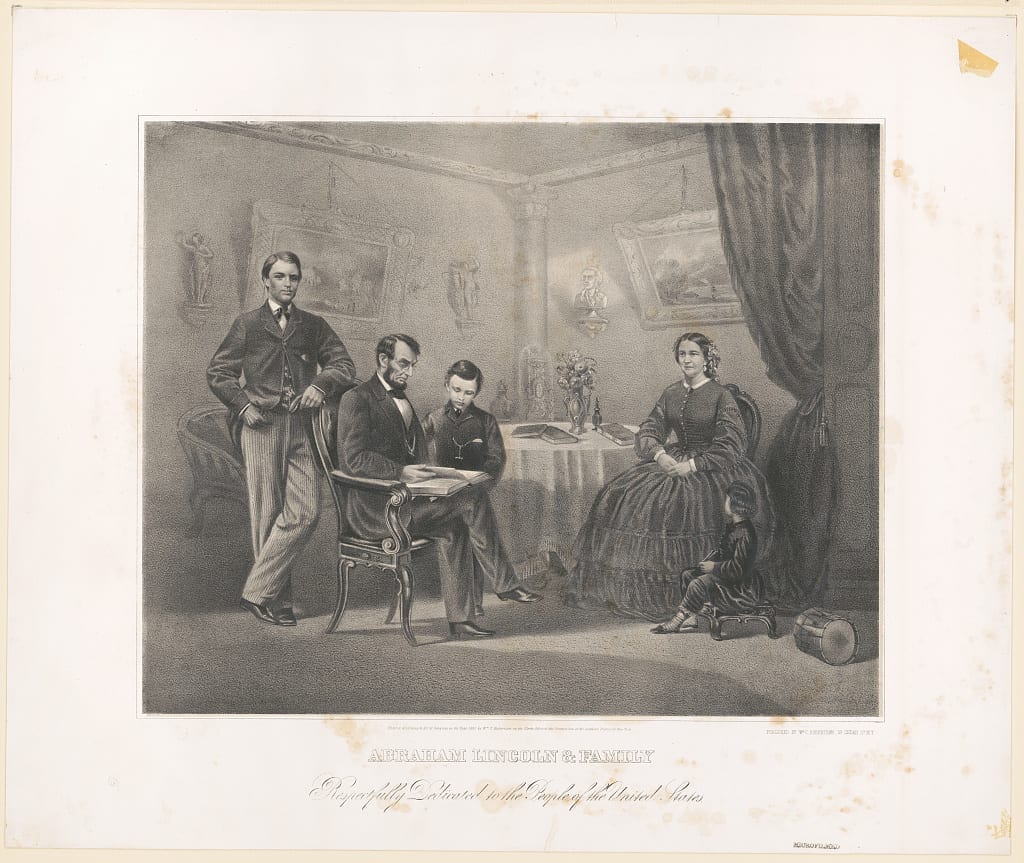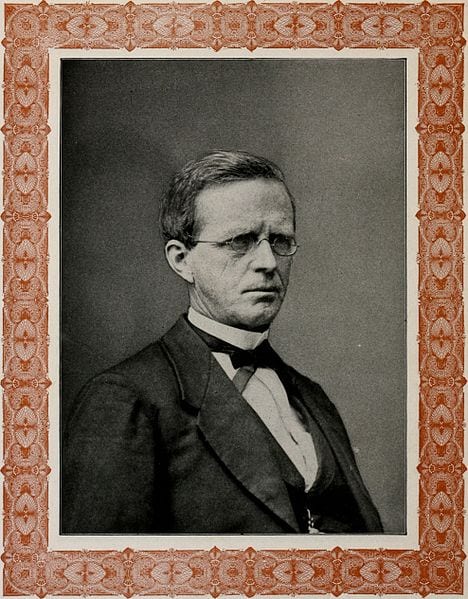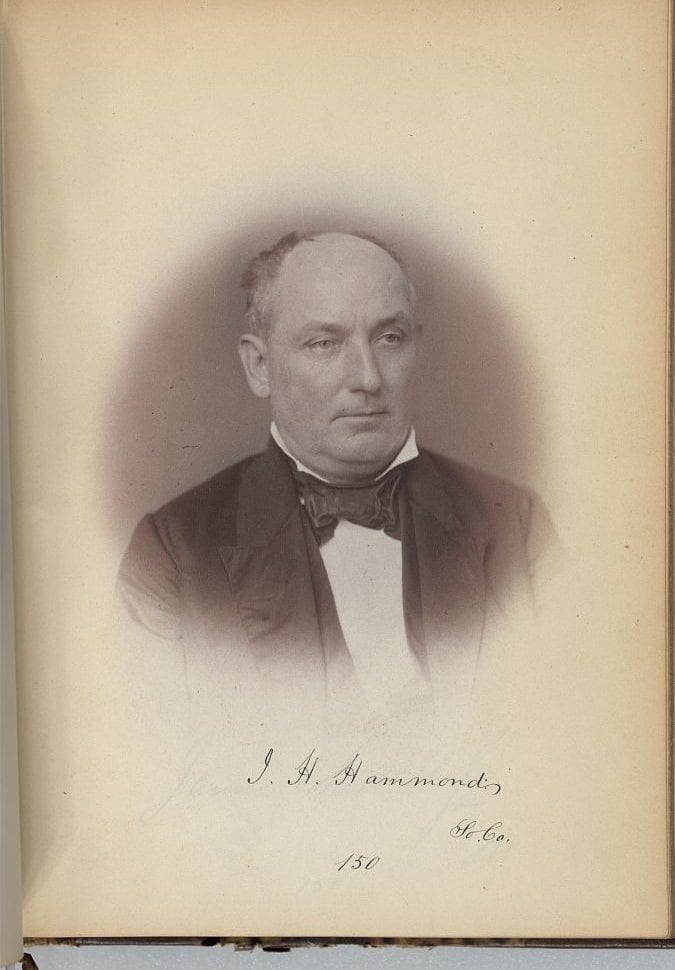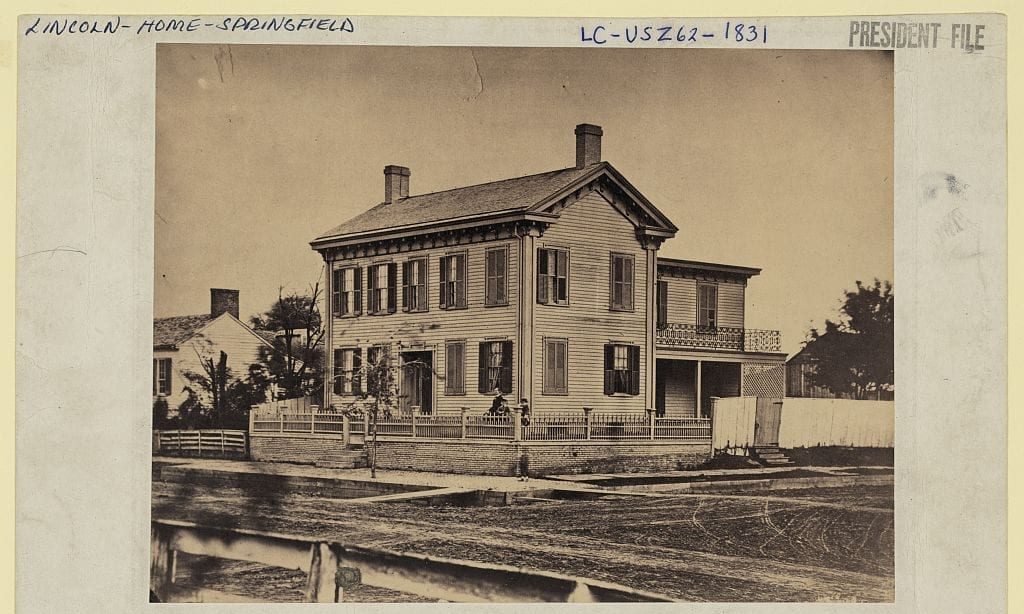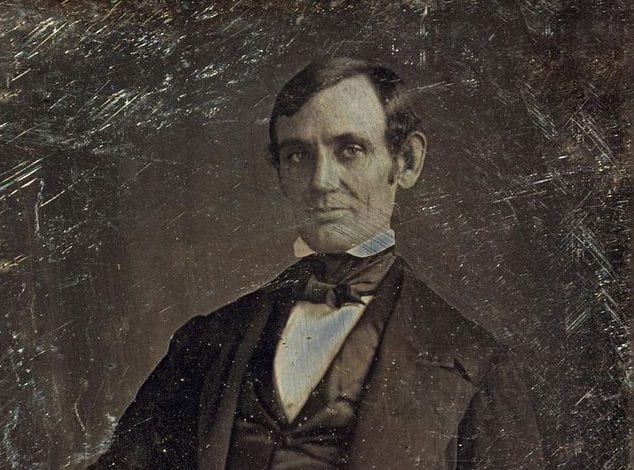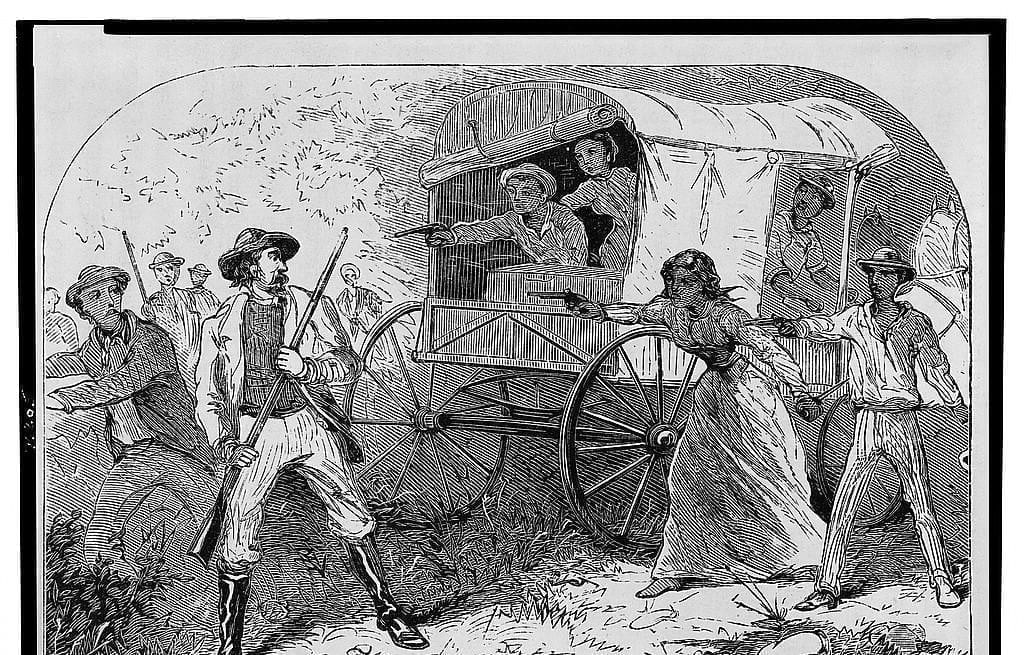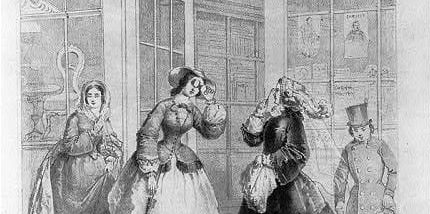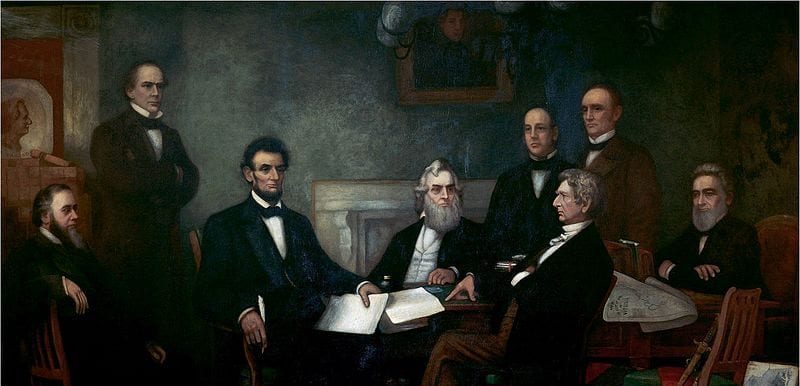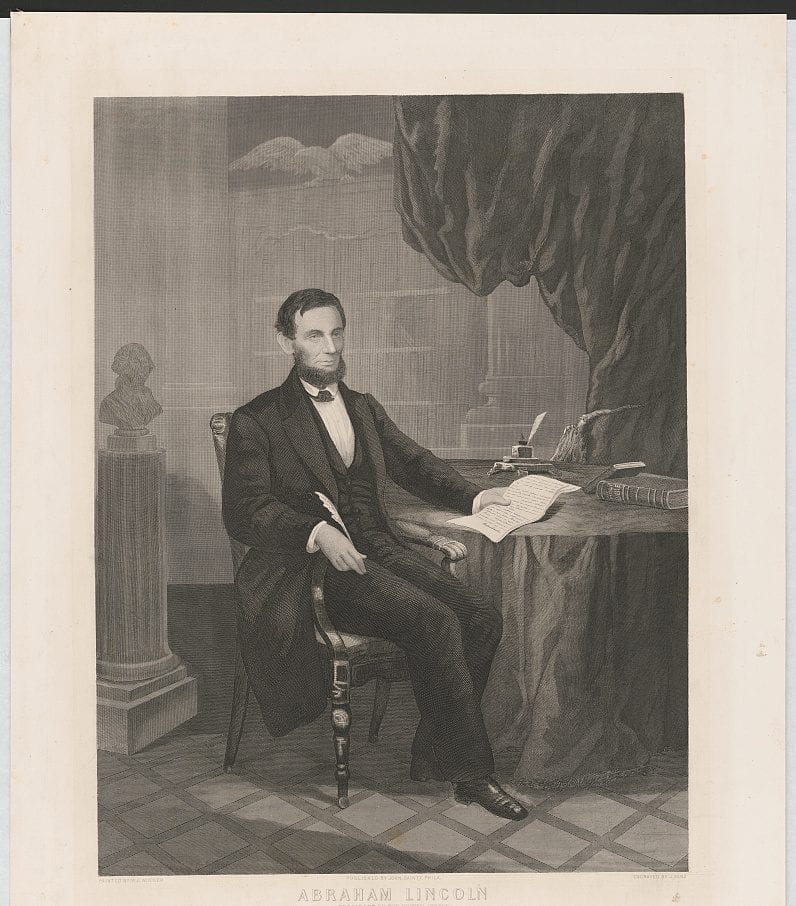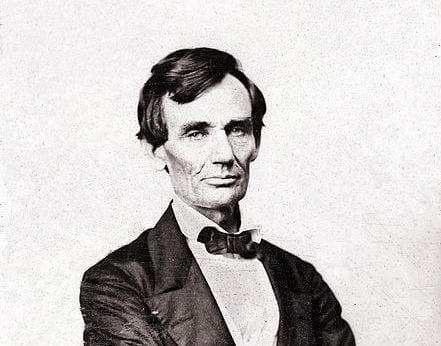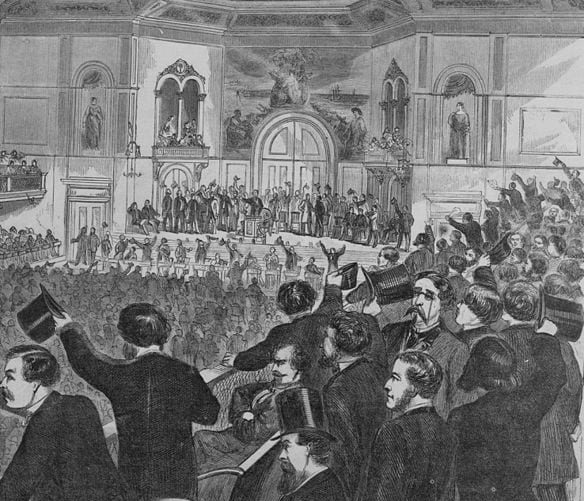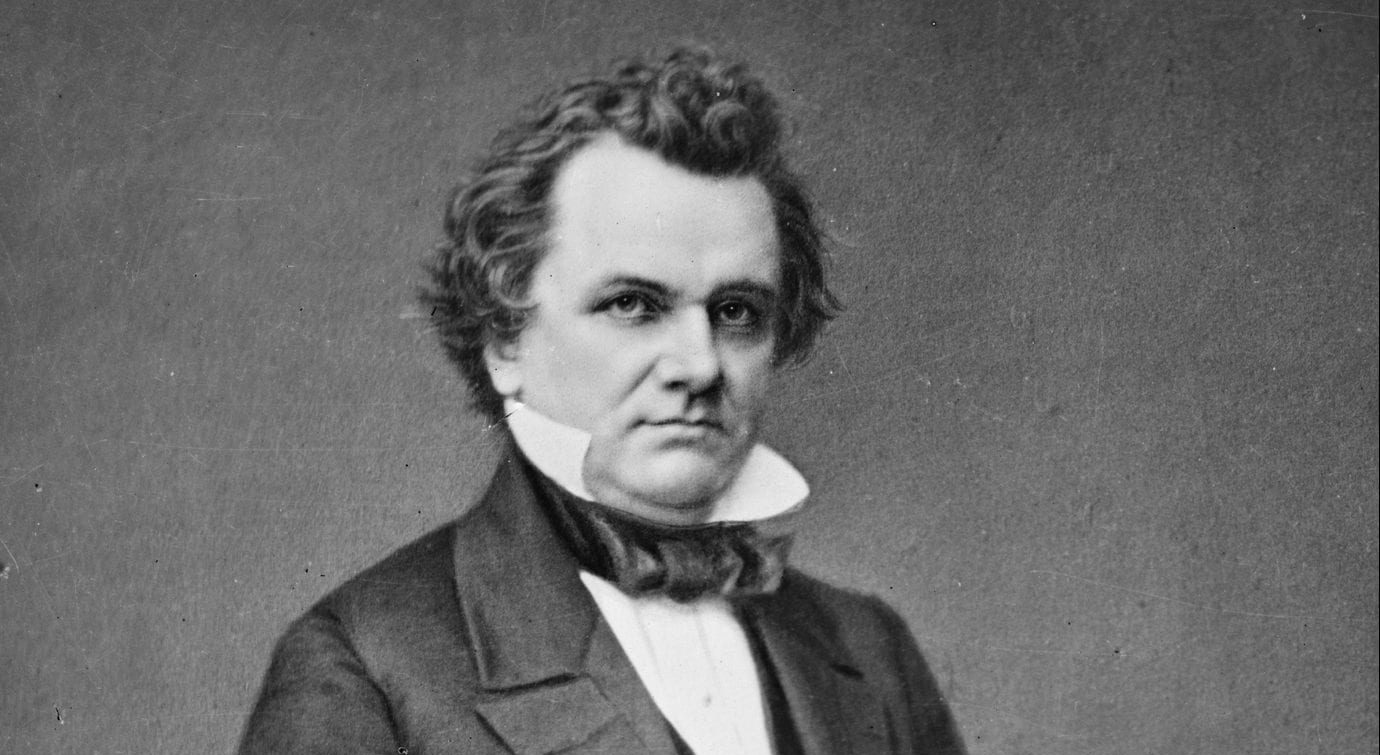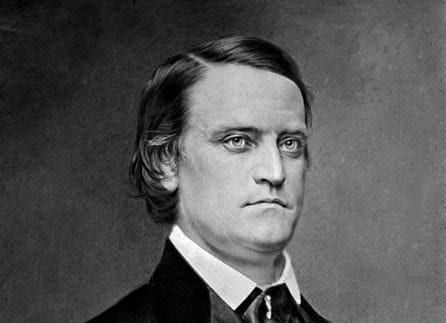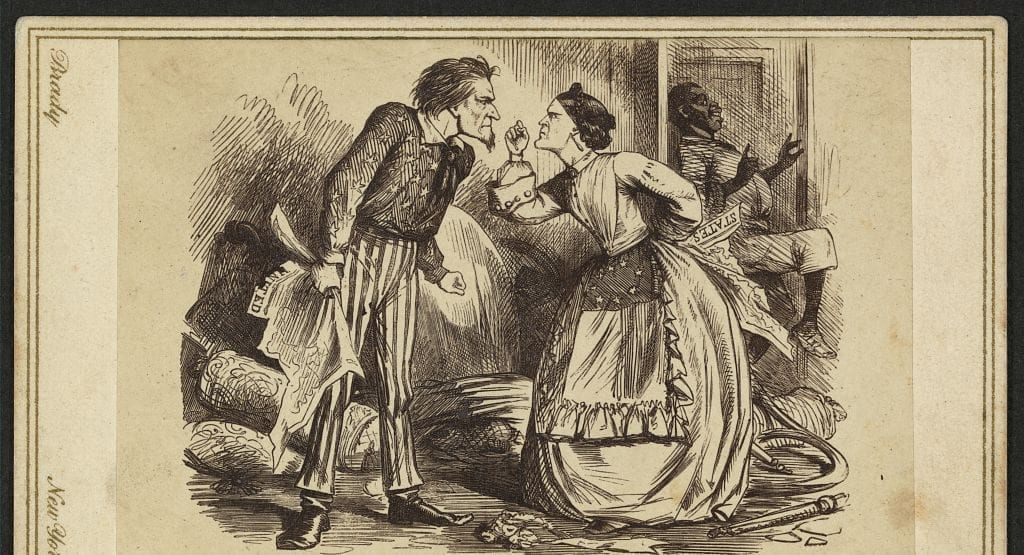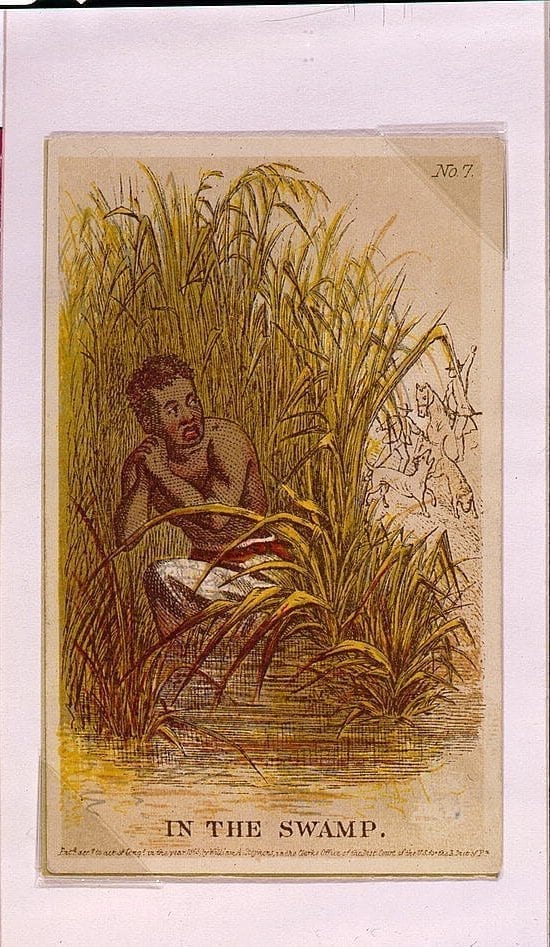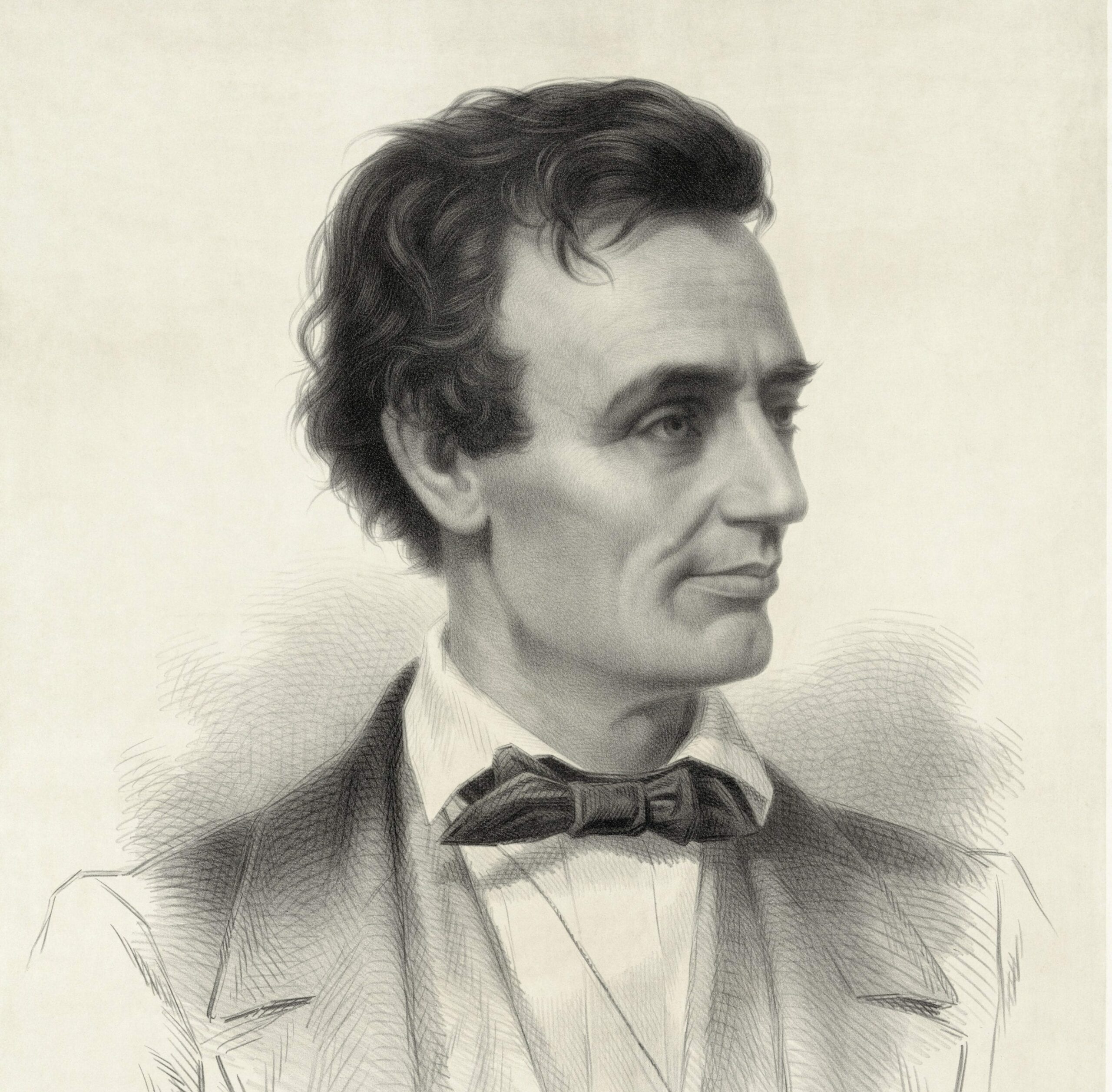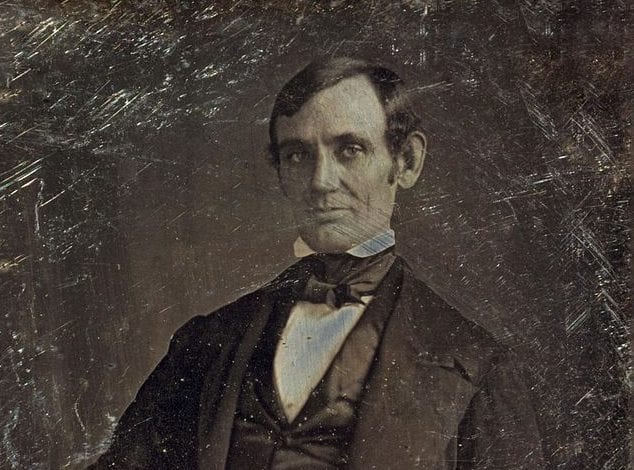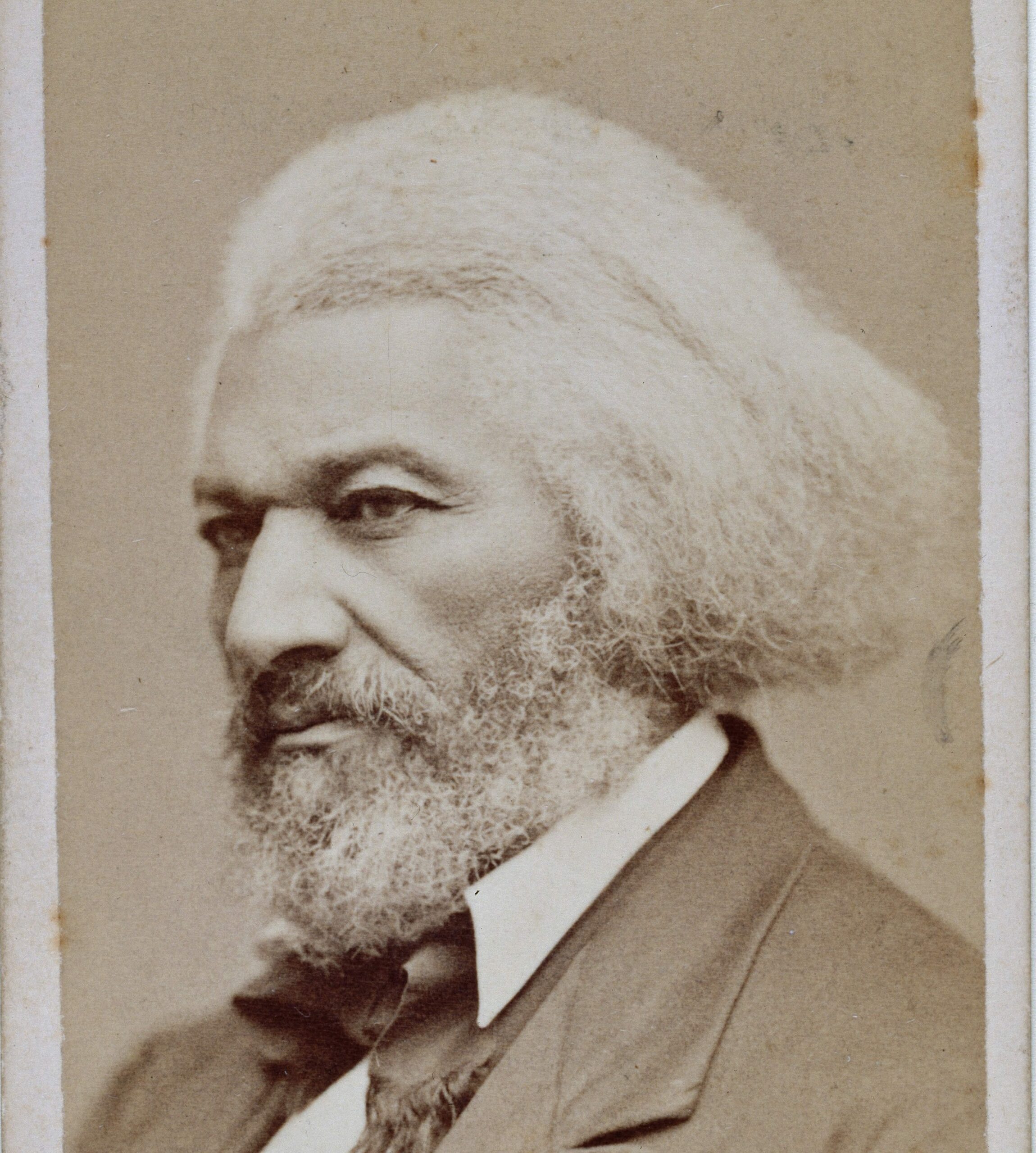Introduction
Isabella Graham (1742–1814) received a thorough education at a girls’ boarding school in her native Scotland where she also sat under the ministry of the Presbyterian John Witherspoon (later president of Princeton College and ardent supporter of American independence). She married a physician in the Royal Army and accompanied him to America, where he was deployed to help suppress the rebellion in the American colonies. Widowed, she returned to Scotland with her children and subsequently gained a reputation as both an educator and philanthropist, establishing herself as the head of a boarding school for young women and also as a leading proponent of education for poor children.
In 1785, the Reverend Witherspoon visited Graham in Edinburgh: he was so impressed by the results of her work that he urged her to return to America in order to help establish the educational trajectory for the future wives and mothers of the new nation. Graham agreed, and she moved to New York in the fall of 1789, opening a school to educate the daughters of the city’s elite to wide acclaim. Graham also continued her philanthropical efforts on the behalf of widows and orphans, helping to raise money from among her wealthy acquaintances, and in 1797, organizing several ladies of the city (including Elizabeth Seton, Report on the Necessity of Jewish Education) to found the Society for the Relief of Poor Widows with Small Children. In addition to serving as the administrative head of the organization, Graham also took it upon herself to teach the children until other arrangements could be made. As her address to the young ladies who took over the task of teaching the poor children of the city makes clear, Graham (like many of the Founding generation) understood there to be a strong link between the development of individual moral character and education. Unlike many of her contemporaries, Graham envisioned that such educational experiences might best be performed by women as an extension of their motherly duties and character, and encouraged them to take on a public role as teachers.
—Sarah A. Morgan Smith
Source: Isabella Graham, “On Opening a School for Poor Children,” in The Power of Faith (London: 1821).
On Opening a School for Poor Children
Addressed to the Teachers who Volunteered Their Services
My dear young ladies,
Everything new becomes matter of speculation, and variety of opinion.
An association of Ladies for the relief of destitute widows and orphans was a new thing in this country. It was feeble in its origin; many treated it with ridicule; many raised against it the standard of opposition. The men could not allow our sex the steadiness and perseverance necessary to establish such an undertaking. But God put his seal upon it; and, under his fostering care, it has prospered beyond the most sanguine expectations of its projectors. Its fame is spread over the United States, and celebrated in foreign countries.
It has been a precedent to many cities, who have followed the laudable example. This fame is not more brilliant than just. The hungry are fed, the naked are clothed, shelter is provided for the outcasts, and medicine for the sick; and the soothing voice of sympathy cheers the disconsolate. Who are the authors of all these blessings? Your mothers, ladies, the benevolent members of this, so justly famed Society.
But, who are these children, that idly ramble through the streets, a prey to growing depravity and vicious example? They quarrel, they swear; and such, no doubt, will lie and steal. And that group of dear little creatures running about in the most imminent danger, apparently without protection: are they under the care of this so justly-famed Society? They are. They are fed, they are clothed, their mothers’ fireside is made warm for them; but no culture is provided for their minds, nor protection from baneful example. These will, in time, follow that of the older ones, and grow up the slaves of idleness and vice, in the certain road to ruin.
Alas! alas! and is there no help, no preventive? Yes, there is! Behold the angelic band! Hail, ye virtuous daughters, worthy of your virtuous mothers! Come forward, and tread in their steps! Snatch their little innocents from the whirling vortex; bring them to a place of safety; teach them to know their Father, God; tell them of their Saviour’s love; lead them through the history of his life: mark to them the example he set, the precepts he recorded for their observance, and the promises for their comfort: and by teaching them to read, enable them to retrace all your instructions, when their eyes see you no more.
My dear young ladies, the sacrifice you have made to virtue, shall most assuredly meet its reward: but, like your mothers, you will experience much painful banter. Let it pass—suffer it quietly. When your scheme begins to ripen, and the fruits appear, who shall be able to withhold their praise? Only be steadfast, draw not back, and justify the prophecies of many.
A great general, in ancient times, in search of glory, landed his troops on the hostile coast, and then burnt all his ships; thus it became necessary for them to conquer or die. You have, ladies, already embarked in this design; there is no remaining neuter now; your names and undertaking are in every mouth: you must press forward, and justify your cause; and justified it shall be, if you persevere; it cannot be otherwise. The benevolence you contemplate is as superior to that already in circulation, as the interest of the soul is to that of the body: and it is your own: the very scheme originated in a young mind in this company. The Society were contemplating mercenary agents, schools for pay; and one is already established.
But this labor of love who could have hoped for it? A Society of young ladies, in rank the first in the city, in the very bloom of life, and full of its prospects, engaged in those pleasures and amusements, which generally engross the mind, and shut out every idea unconnected with self—coming forward and offering—what? Not their purses, that were trash: but their own personal services to instruct the ignorant, and become the saviors of many of their sex. It is indeed a new thing, and more strange, in this age of dissipation, than that institution from which it sprang. May this, too, become the darling of Providence! May God put his seal upon this also! May he bless and prosper you in this undertaking; bless you, and make you a blessing!

















